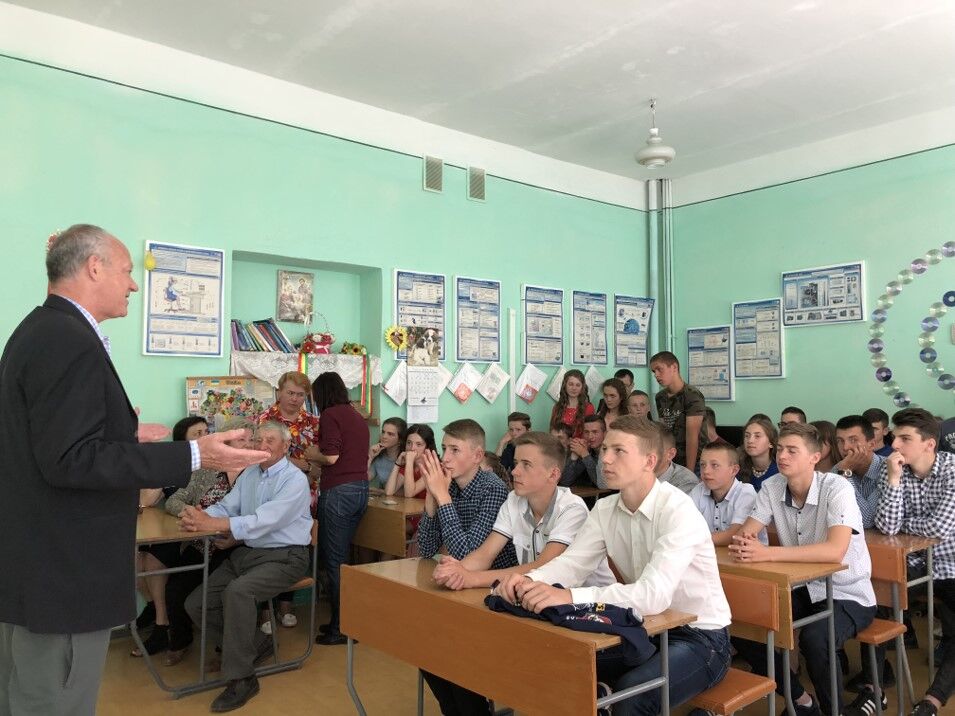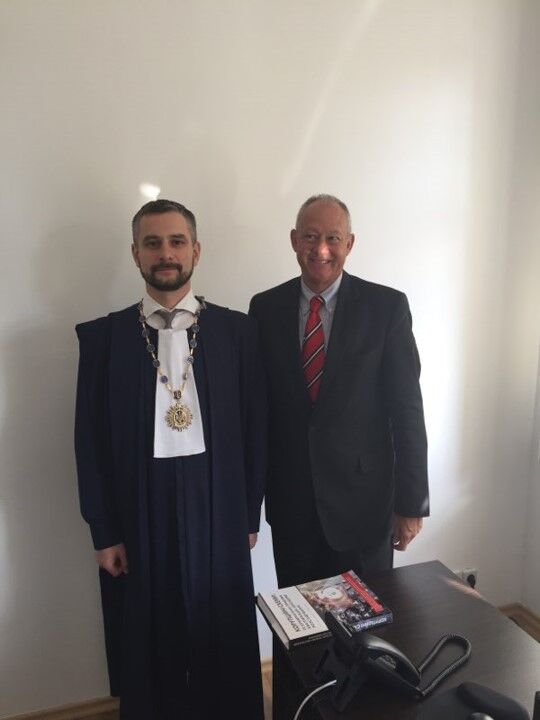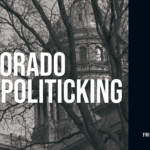For prominent Colorado judge, Ukrainian war with Russia poses potential threat to judicial reform

For Colorado’s highest-ranking federal judge, the war between Ukraine and Russia has not only reignited death and devastation in his ancestral home, but has potentially set back his professional efforts to improve the country’s judicial system.
Timothy M. Tymkovich, the chief judge of the U.S. Court of Appeals for the 10th Circuit, has visited Ukraine four times since joining the federal bench. He had hoped to return this summer to continue his work in speaking to judges and lawyers about western judicial norms, but the Russian invasion put a halt to those plans.
“Certainly if some measure of Ukrainian sovereignty survives, I think we can pick up where we left off,” Tymkovich told Colorado Politics in an interview in late March. “I hope I have the opportunity to go back and help Ukraine rebuild and help it develop the kind of national government it deserves.”
Soon after the dissolution of the Soviet Union and Ukrainian independence, the U.S. Agency for International Development launched several initiatives to privatize the Ukrainian economy, improve print and broadcast media, and bolster the electoral process. The court system was also the focus of a joint USAID-Ukrainian “Rule of Law” project beginning in 1993.
During his third visit in 2018, Tymkovich worked through the USAID program to give a speech at a university in western Ukraine and participated in a two-day training with Ukrainian judges, some of whom had relocated from Crimea and eastern Ukraine after Russia’s first invasion in 2014.
“Many judges have actually had to flee the Russians once and they may have to flee the Russians twice,” he said.
Although USAID recruited Tymkovich for Ukraine, he did not know the extent of his family’s ties until visiting as a judge. Tymkovich’s grandfather arrived at Ellis Island in 1913 as a six-year-old boy, after leaving his family’s village in what was then part of the Austro-Hungarian Empire. He and two siblings departed New York by train and traveled to Denver, where Stephen Tymkovich – Timothy’s great-grandfather – had settled a few years earlier.
As part of his visits to Ukraine, Tymkovich, whom President George W. Bush appointed to the 10th Circuit in 2003, met his distant relatives in the village of Chaikovichi. It was surprising to him to learn that the Tymkoviches were a founding family in that part of Ukraine, and their status as early property owners qualified them as nobility.
“Who knew that you could go from having known nothing about your family to finding out that you’re part of the Ukrainian noble class?” he quipped. “Of course, it didn’t take much then. You could own a plot of ground and become nobility.”
During his 2018 trip, he spoke to an assembly at a local school. Most of the boys who were there, he said, are now probably 18 and fighting against Russia. Tymkovich added that the university where he delivered a presentation is currently a center for refugees. Tymkovich has only been able to find out the status of his translator – he said she has escaped to western Ukraine.

Through the Rule of Law program, the American government has brought judges to Ukraine to conduct trainings, established legal clinics and helped to develop an electronic case management system. A 2007 report on the program warned that there still was an “overall slow pace of judicial reform” and “constantly increasing level of corruption.”
Tymkovich believes the country has turned a corner in the last decade, importantly with the 2018 creation of the High Anti–Corruption Court. He recalled that some judges, during his first visits to Ukraine shortly after his judicial appointment, were holdovers from the Soviet era who had experienced a different set of judicial norms.
“What made me optimistic was really this new generation of judges that I was working with. Many had traveled widely and some had gone to law schools in the United States,” he said. “They were subject to really extensive background checks and financial checks to ensure they come on the bench without any substantial conflicts of interest.”

Tymkovich acknowledged other historical problems in the Ukrainian judiciary, which Ukrainian reform advocate Mykhailo Zhernakov has referred to as “a criminal syndicate.” Tymkovich said that having a justice system that can fairly enforce contracts and protect property rights necessarily boosts economic confidence and investment in a country.
“I don’t think some of the important elements of a functioning judiciary are a mystery. It’s more of the implementation,” he explained. “The judges I was working with were the ones dedicated to moving to this model.”
It is difficult to guess what the war might mean for the future of Ukraine’s courts, Tymkovich said. Some judges are fighting, others have fled and the rest are still holding court despite the chaos. He had planned to bring his friend and former 10th Circuit colleague, U.S. Supreme Court Justice Neil M. Gorsuch, to speak during his next visit, and hoped that Gorsuch’s presence might have been a boost to the Rule of Law program.
For now, Tymkovich said he has been inspired by the leadership of Ukrainian president Volodymyr Zelensky, who has a law degree himself. Tymkovich hopes that the separate branches of Ukraine’s government will respect due process and eschew corruption even in the wake of the war’s massive strain on Ukrainian society.
“Given the specter of the loss of independence, the loss of freedom, I would think that would bolster the notion that these institutions are important to protecting individual liberty and economic rights,” he said.














